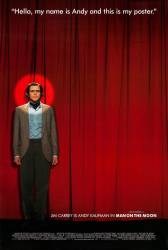
Question: What is the meaning of bit at the end of the movie, the big guy with the sunglasses? It shows Andy's 'sidekick' and the guy on stage, who was in the suit entertaining the crowd?
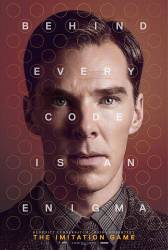
Question: When they finally break the code, Turing reads the decrypted message. Wouldn't it have been in German, which he earlier in the film admitted he did not read?
Answer: It is in German; you can see it as it's being written down. Afterwards, Turing doesn't read it out; Cairncross hands it to Alexander, who reads it aloud (in English).
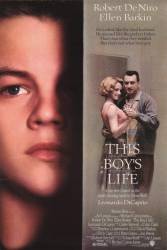
Question: In the book, Dwight and Toby paint the whole house white, including the piano. But in the movie, I don't remember that scene. They definitely have movie still photos though of Robert De Niro and Leonrdo DiCaprio covered in white paint. Anyone understand this?
Answer: It's typical in movies that more scenes are filmed than what makes it into the final film. This has to do with continuity, the film's overall length, plotting, etc. If a certain scene does not serve the overall story structure, then it is edited out. Sometimes the studio insists that certain scenes be cut, even over a director's objections. After a movie is released on DVD, the deleted scenes may be restored in a "director's cut" or there's a separate section showing all the edited portions.
Thanks! Just wanted to make sure I wasn't making it up.
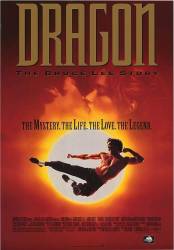
Question: What was this demon really supposed to be?
Answer: His belief in a family curse.
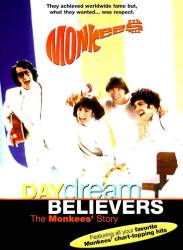
Question: According to the IMDB, Peter Tork has an uncredited cameo in this film. Does anyone know where in the movie his cameo is?
Answer: He's in the wizard-looking costume as the suits walk into the studio sound stage.
Answer: He's reportedly in the background during the scene where Kirshner, Harris and Van are discussing the Monkees' Hawaii concert tour.
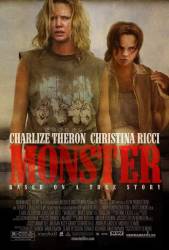
Question: Is it true that Lee was able to steal enough money from her victims to buy a house (or even just put a down payment on it?) I would assume she could only use cash, and it seems unfeasible that she'd be able to acquire that much cash from people's wallets without murdering hundreds of them.
Chosen answer: In the story it shows she does not kill every man. It is possible she had sex with multiple men without killing them and got more money (but maybe not that much) than just what she stole from the men she killed.
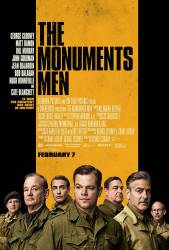
Question: Why was Preston a private and not an officer like the rest?
Answer: Preston was loosely based on the real-life Lincoln Kirstein. Prior to WWII, he was a noted writer and an influential person in the cultural arts in America. When the war broke out, he enlisted in the army with the rank of private. He eventually joined the Army's Monuments, Fine Arts, and Archives unit, later known as the Monuments Men. He was selected for his abilities, regardless of his military rank. The movie reflected that.
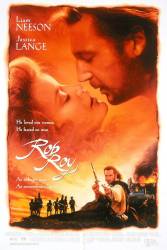
Question: After Mary is raped, she begins cleaning herself off in the water in front of Alasdair who immediately figures out what happened and of course wants to tell Rob, so he'll avenge her. But she's extremely adamant that Alasdair not tell Rob about it. But if she REALLY didn't want Rob to know, wouldn't she have waited until she was alone to clean herself up? I'm always confused by this, because when she tells Alasdair to keep quiet, she never seems to be hinting that she doesn't really mean what she says. On the contrary, she's very passionate about it.
Chosen answer: She wants to clean herself thoroughly ASAP, so as to avoid pregnancy (though that way doesn't work anyway); if she waited until she was alone, it would've been too late to even try.
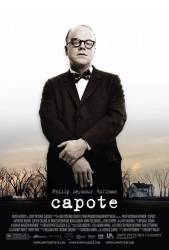
Question: Dewey's wife said that Breakfast at Tiffany's was banned at the Holcomb, Kansas library. Anybody know why?
Answer: The book is somewhat different than the movie. There are several subtle references to the main character's questionable sexual preferences and possible prostitution.
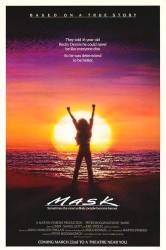
Question: I don't know if this is a urban myth or what, but didn't the real Rocky Dennis like Bruce Springsteen, but "The Boss" or his manager/lawyer, etc refused to allow the music to be used in the movie and that is why Bob Seger's tunes were used instead?
Answer: According to the IMDb, so take with a degree of scepticism, Rocky's favourite music was indeed Springsteen and the Boss himself was happy for it to be used, but, at the time of the original release, an agreement regarding royalty rates could not be reached with the rights owner. A director's cut was released a while later with seven minute of additional footage and the Springsteen songs used instead, after Springsteen pushed for an agreement to be made.
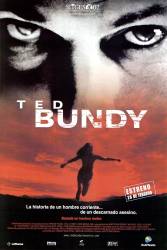
Question: How did Ted Bundy manage to fool law enforcement, and evade them for years before finally being arrested?
Answer: I don't think he fooled police. He was clever and able to commit murders without leaving enough evidence to directly tie him to the crime. Eventually there was enough physical as well as circumstantial and eye witness accounts to convict him. He evaded police for stretches of time by flying under the radar and carefully calculating his moves. Weird writing about this as he terrorized my city.
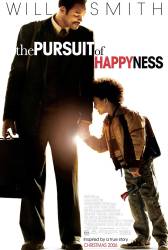
Question: Why is the word "Happiness" in the title misspelled?
Answer: In an interview, the real-life Chris Gardiner, (played by Will Smith) explained that the deliberately misspelled word was written that way on the child daycare center's wall (representing how children can sometimes misspell words). Gardiner later interpreted it to personally mean that true happiness is not defined in just one way, there are many ways to be happy, and that was reflected in the alternate spelling.
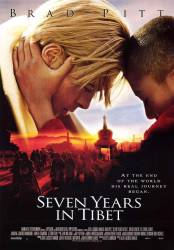
Question: Is David Thewlis still banned from entering the China for his role in this movie? I know that Brad Pitt's ban was lifted in 2014, but was Thewlis' ban lifted too?
Answer: Brad Pitt's ban was lifted in 2014, but David Thewlis is still banned from entering China to this day.
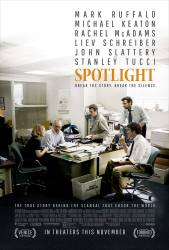
Question: Why isn't Baron's name on the guest list for the Catholic Charities party? They must have invited him since he looks rather surprised his name isn't there.
Answer: Cardinal Law may have disinvited him out of suspicion. Or maybe just a clerical error.
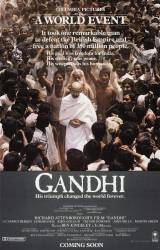
Question: What reason did the British general give for having opened fire on the unarmed crowd?
Answer: Brigadier-General Reginald Dyer has said his intent "was not to disperse the meeting but to punish the Indians for disobedience." Earlier that day, Dyer has banned all meetings to avoid any insurrection, but many still gathered to celebrate and protest. Dyer saw it as defiance of his order and thought it could be another mob insurgent he had seen earlier. Some reports also state while the crowd was "unarmed", that only referred to being unarmed with firearms and many in the crowd did have other types of weapons. It also seems at the time it was standard practice for the British Army to use necessary lethal force for civilian crowd control, although many saw Dyer's action to be in excess.
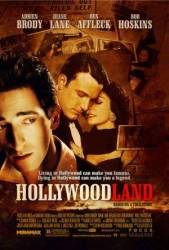
Question: I was wondering whether the evidence that Adrian Brody gathered was true, or if it's artistic license. It seems that if it were true, there should have been a further inquiry into George Reeve's death.
Answer: Here is a good link that will help separate fact from fiction. http://www.crimelibrary.com/notorious_murders/celebrity/george_reeves/1_index.html.
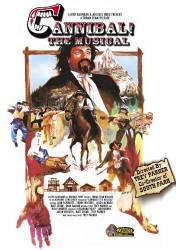
Question: Does anyone know if there is a soundtrack (CD) for this movie available anywhere?
Answer: I doubt it as, the film was made during Parker's college years, but every song asis available as an mp3 at www.cannibalthemusical.net.
Answer: You can now buy it via the link - it became available in May 2024: https://www.klaaturecords.com/products/cannibal-the-musical-music-from-the-motion-picture-soundtrack.
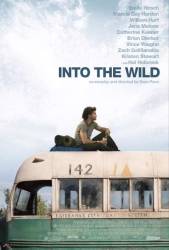
Question: Alexander shoots the moose with a rather rapid fire action: it sounds as if the rifle is semi-automatic. What was the true story, and why did Alexander specifically ask for a a cal .22 rifle? Was it because he planned to hunt small game, and knew that a heavier rifle/calibre would be unsuitable? To plan for moose hunting, he would choose something like cal.308.
Answer: Having read Krakauers book: The rifle was a .22 Remington scoped semiautomatic. Accounts at the time mention that this may not have been the best choice, and it is clear that McCandless did not have enough experience to live in the wild, although it is impressing enough that he managed to survive for 16 weeks.
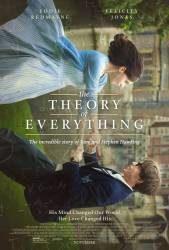
Question: Near the end of the film, Stephen asks Jane how long he has to live, and she says two years. But I thought they already established he had two years near the start of the film. Can someone please explain this?
Chosen answer: Throughout his existence, prognoses of the life expectancy for Dr. Stephen Hawking have been repeatedly offered and then surpassed. He continues to amaze with not only his brilliance, but his resilience. In this case it sounds like a callback to the initial estimate, which was demonstrably inaccurate.
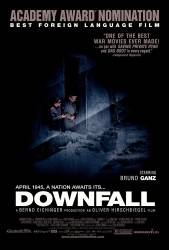
Question: Why is this movie parodied online?
Answer: The "Hitler in the bunker" scene is iconic for historical reasons, being something most people understand the significance of. Being subtitled in the film means it's very easy for people to keep the original excellent acting while simply replacing the words onscreen to change the context entirely. It also ends up being a bit self-reinforcing, once people get wind of it as a "template", they then start getting their own ideas. And there's the arguable "Streisand Effect", when the film company issued a wave of copyright takedowns in 2010, a lot of people "retaliated" by making and uploading even more.
Answer: Presumably, due to its popularity.
Answer: We're supposed to wonder if Andy didn't really fake his own death.
Xofer